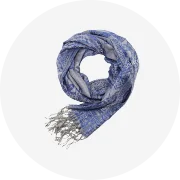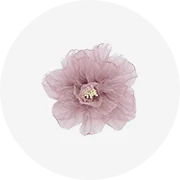Exploring the Rich Tapestry of Traditional African Dresses
The realm of traditional African dresses encompasses a diverse spectrum of attire deeply rooted in the continent's cultural heritage. These garments are not just pieces of clothing but are emblematic of the rich traditions and histories of African societies. The category includes a variety of styles, from intricately patterned garments to boldly colored ensembles, each telling its own story through design and fabric.
Types and Features of African Traditional Attire
Within the collection of traditional African attire, one can find garments like the vibrant Kente cloth dresses, emblematic of Ghanaian heritage, or the flowing Boubou, common in West Africa. These dresses are designed with a focus on comfort and adaptability, featuring attributes such as breathability and the inclusion of plus sizes. Materials commonly used in these garments include polyester for its durability, cotton for its cooling properties, and spandex to add a slight stretch for ease of movement.
The Versatility of African Dress Designs
African dress designs are as versatile as they are vibrant. They serve various purposes, from everyday wear to special occasions like weddings and cultural ceremonies. The adaptability of African fashion dresses is evident in the range of available options, from ready-to-wear in-stock items to customizable pieces that cater to individual preferences. The designs are not confined to adult wear; a selection of traditional dresses is also available for children, reflecting the cultural passage of traditions from one generation to the next.
Craftsmanship and Cultural Significance
The craftsmanship of African print dresses is a testament to the artistry and skill of the continent's designers and artisans. These dresses often feature intricate patterns and motifs that hold cultural significance, representing different tribes, regions, and histories. The process of creating these garments can be highly detailed, involving techniques passed down through generations, ensuring that each piece is not just a dress but a story and a piece of art.
Sustainability and Ethical Considerations
In the production of traditional African wear, there is an increasing emphasis on sustainability and ethical manufacturing practices. The use of organic cotton and the adoption of fair trade principles highlight the industry's commitment to responsible fashion. This approach not only supports local economies but also ensures that the production of these garments aligns with global efforts to promote ethical consumerism.
Conclusion
The category of traditional African dresses is a vibrant and dynamic part of the fashion industry, offering a window into the continent's rich cultural tapestry. These garments are more than just attire; they are cultural emblems that carry the essence of African heritage. With a focus on diversity, craftsmanship, and ethical production, traditional African dresses continue to captivate and inspire a global audience.









































 浙公网安备 33010002000092号
浙公网安备 33010002000092号 浙B2-20120091-4
浙B2-20120091-4